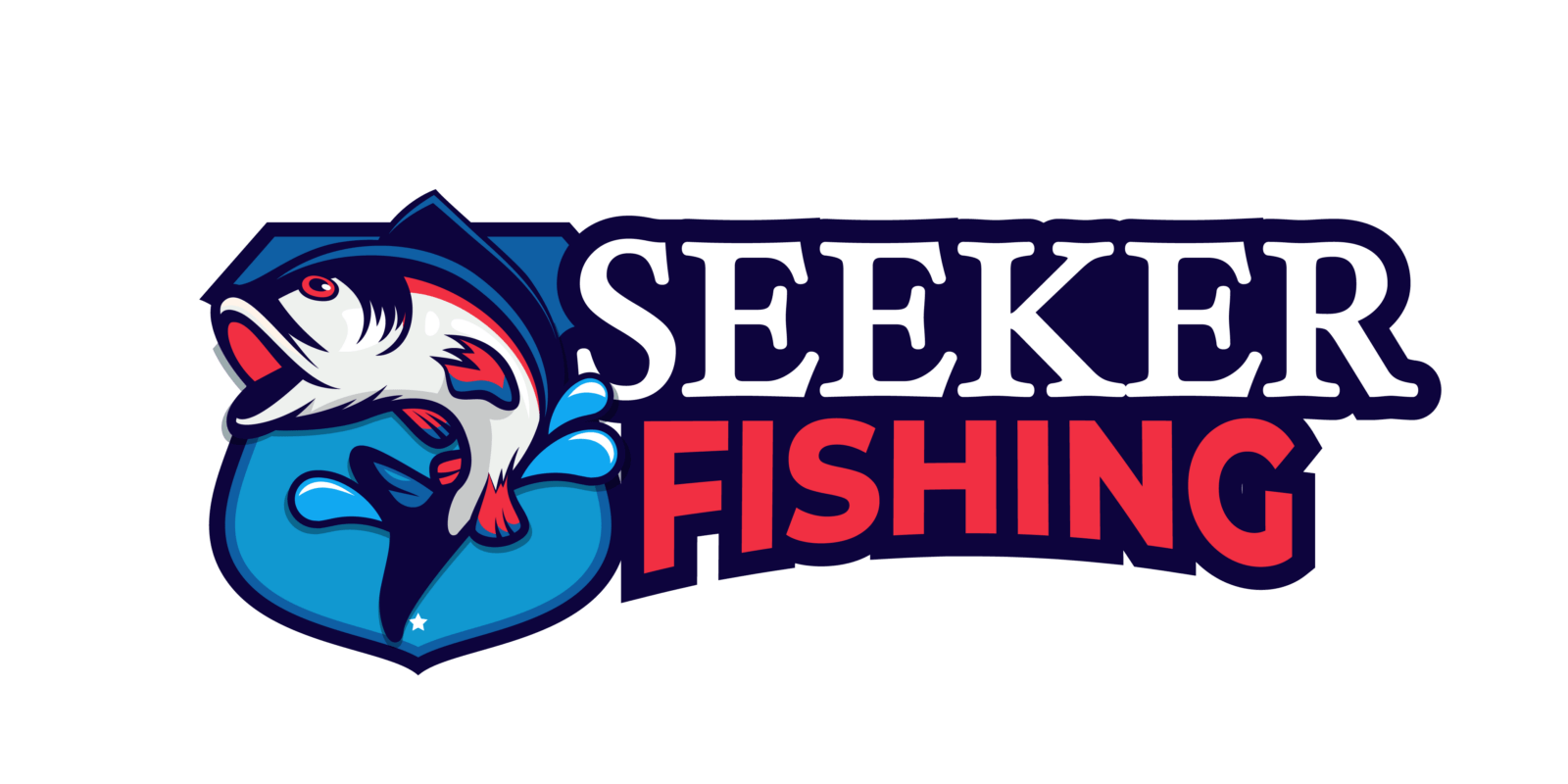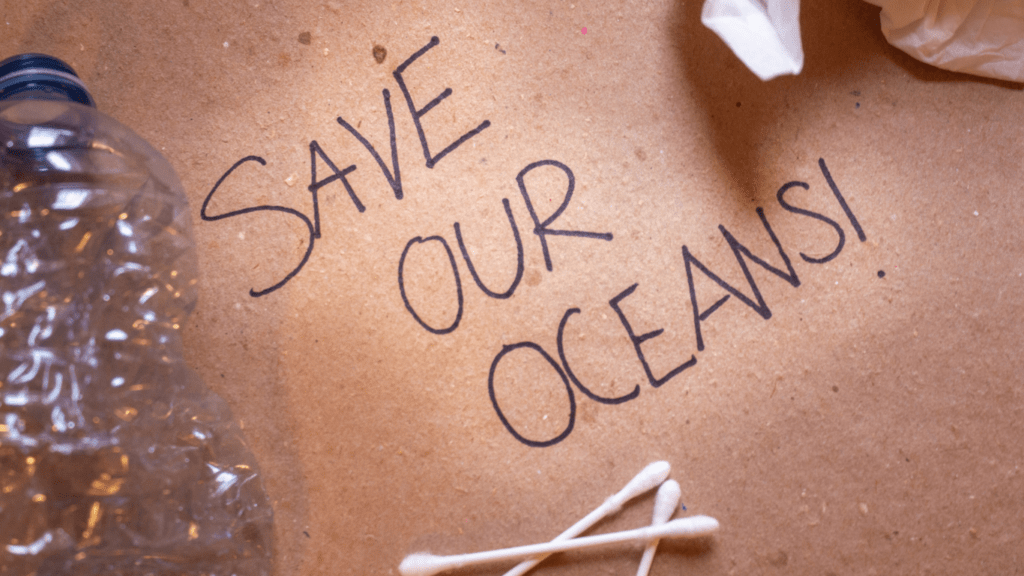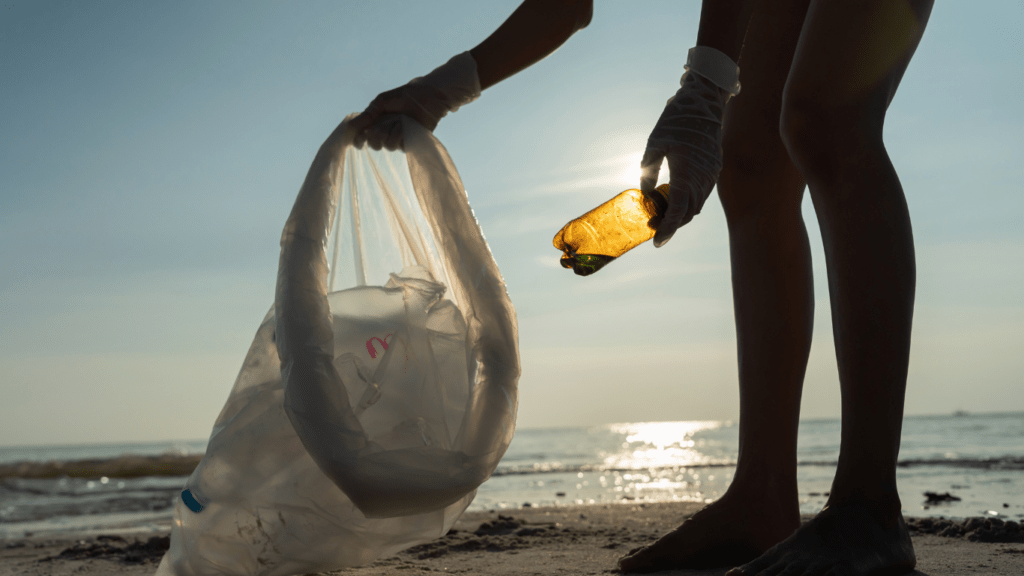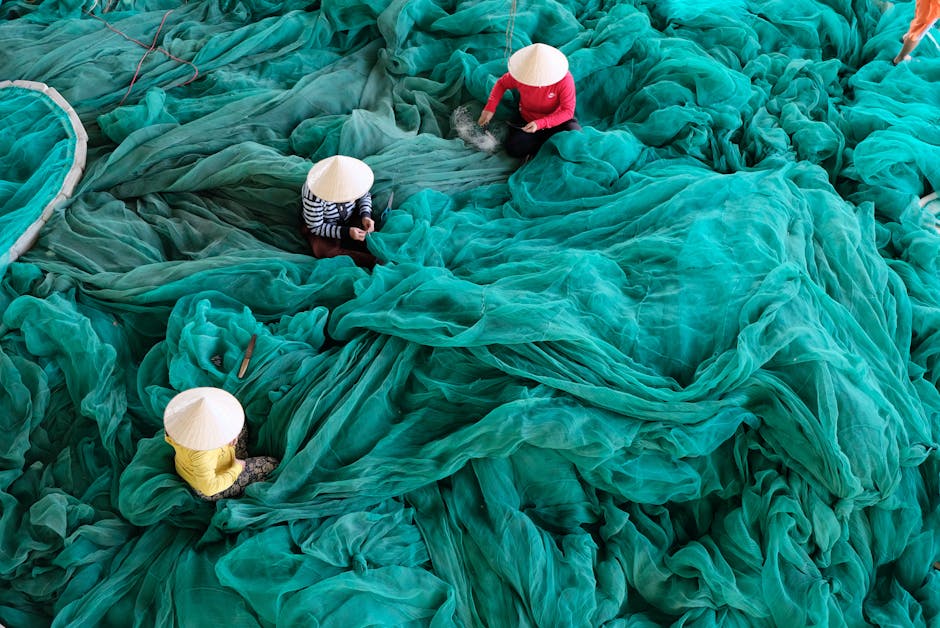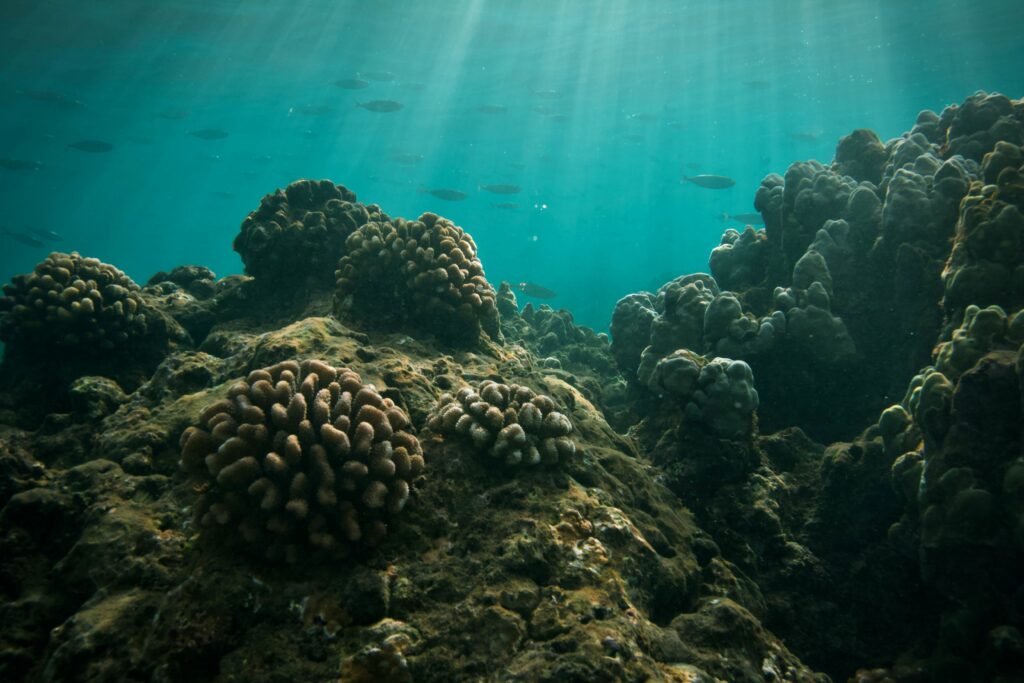The ocean’s beauty and abundance have always drawn me in, but it’s no secret our seas are facing serious threats. Pollution, overfishing, and habitat destruction are taking a toll, and as anglers, we’re uniquely positioned to make a difference. Fishing isn’t just a pastime—it’s a connection to the marine world, making us stewards of its future.
The Importance Of Marine Conservation
Marine conservation safeguards the health of our oceans, ensuring their ecosystems thrive for future generations. Protecting marine environments also supports biodiversity, sustains livelihoods, and mitigates climate change impacts.
The State Of Our Oceans
The oceans face critical threats, damaging their ecosystems and depleting resources. Overfishing has reduced fish populations by nearly 33% globally, according to the FAO. Pollution, particularly from plastic waste, affects over 800 marine species, including sea turtles and whales. Coastal habitat destruction, like coral reef decline, diminishes biodiversity and ecosystem services. Addressing these issues requires collaboration between environmental organizations, local communities, and individuals.
Why Anglers Are Key To Conservation Efforts
Anglers play a unique role in marine conservation as active participants in marine ecosystems. Responsible anglers can reduce overfishing by adhering to size and catch limits, practicing catch-and-release, and using sustainable fishing gear. Their firsthand knowledge of aquatic systems positions them to advocate for protective measures, like marine protected areas or habitat restoration projects. Through collective action, anglers contribute to maintaining ocean health and balancing recreational fishing with ecological preservation.
Sustainable Fishing Practices
Sustainable fishing protects marine ecosystems while ensuring future generations can enjoy thriving oceans. Anglers play a crucial role in minimizing their impact by adopting responsible techniques and choices.
Selecting The Right Gear
- Using appropriate gear reduces harm to marine life and habitats.
- Select gear designed to target specific species, like circle hooks, which decrease bycatch by nearly 50%.
- Using biodegradable lines prevents pollution and ensures lost gear doesn’t persist in the ocean.
- Avoiding gear that damages the seafloor safeguards critical habitats such as coral reefs and seagrass beds.
Practicing Catch-And-Release Effectively
Releasing fish correctly improves their chances of survival. I use wet, bare hands to handle fish, minimizing damage to their protective slime layer. Keeping fish in the water as much as possible reduces stress, and using dehooking tools ensures quick removal of hooks. For deep-water species, I carry a venting tool or descending device to address barotrauma, increasing survival rates for these vulnerable fish.
Supporting Conservation Organizations

Engaging with conservation organizations strengthens efforts to protect marine ecosystems. By partnering with these groups, anglers expand their impact beyond individual actions.
Joining Local Initiatives
Joining local initiatives enables personalized contributions to marine conservation. Many coastal communities organize cleanup events, habitat restoration projects, and educational workshops. I’ve participated in shoreline cleanups to reduce pollution and collaborated with groups focused on rebuilding native oyster reefs. Local commitments nurture awareness and build networks for greater advocacy.
Donating To Marine Conservation Programs
Donating to marine conservation programs provides crucial funding for large-scale efforts. Organizations like Oceana and The Ocean Conservancy focus on reducing overfishing, mitigating pollution, and protecting marine habitats. My contributions to these groups support research, policy advocacy, and educational campaigns. Even small donations make significant differences in preserving the health of our seas.
Reducing The Environmental Impact Of Angling
Taking responsibility for the impact of fishing practices on marine ecosystems ensures angling remains sustainable and beneficial. Adopting behaviors that prioritize ocean health helps preserve aquatic life and habitats.
Avoiding Harmful Fishing Areas
Researching areas before casting a line helps prevent further strain on vulnerable marine ecosystems. I avoid fishing in overfished zones, spawning sites, or areas with sensitive habitats like coral reefs and seagrass beds, as they are critical for biodiversity. Local regulations or marine conservation maps often highlight such no-fishing zones. Supporting these protected areas gives fish stocks and ecosystems time to recover and thrive.
Minimizing Plastic And Waste Pollution
Properly managing fishing materials and garbage reduces pollution, which threatens marine species and ecosystems. I use biodegradable fishing lines and avoid single-use plastics, opting for reusable containers and eco-friendly tackle storage. Ensuring all waste, such as:
- hooks
- packaging
- broken gear
is collected and disposed of responsibly keeps debris from entering water systems. Participating in shoreline cleanups also removes harmful pollutants from coastal areas. Through small yet intentional actions, I contribute to cleaner, healthier seas.
